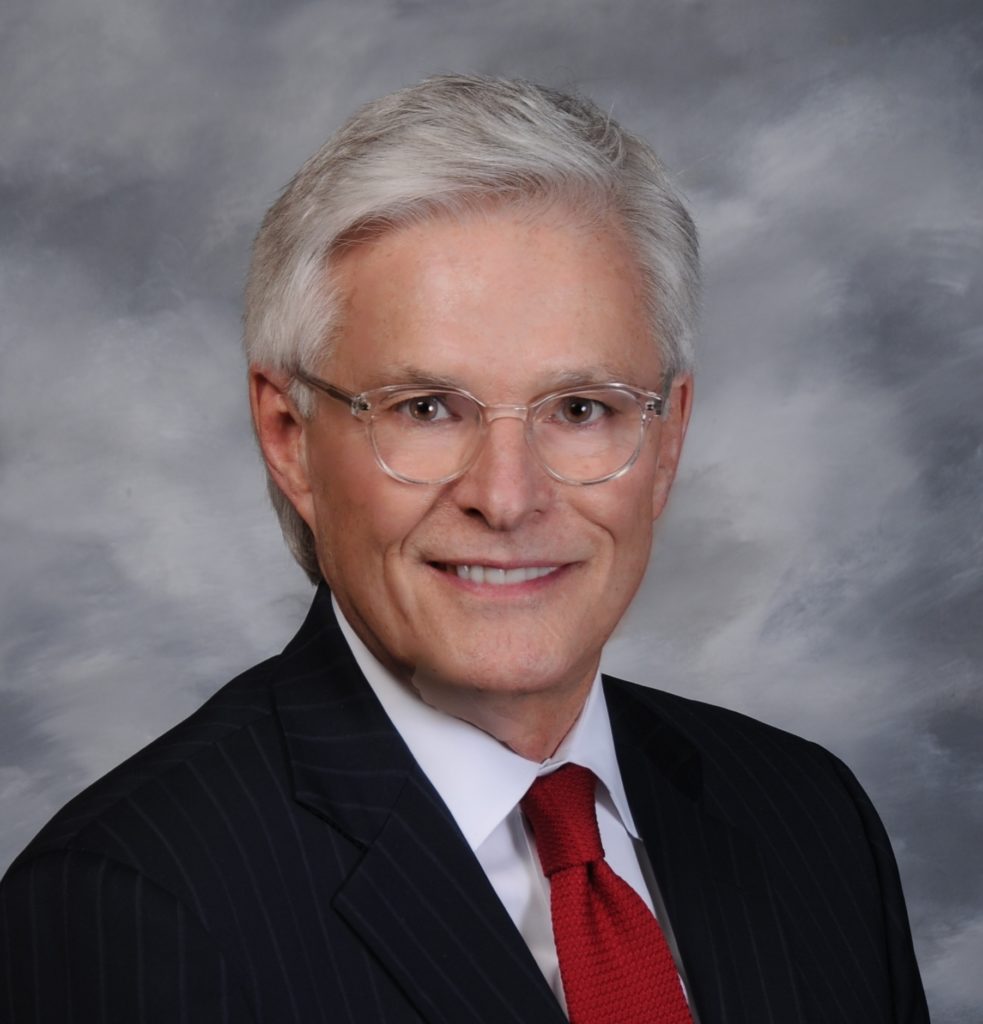Rotary Reflections
Larry V. Parman
Upon becoming a member of Rotary Club #29 in 1980 I wondered what membership really meant in the day-to-day world of Rotary, of a Rotary member. The Club #29 experience was a little different then. Yes, Shirley was at the helm, ensuring an operational choreography all of us came to respect and love. There were songbooks…and actual singing…however uncomfortable that might have been to the refined musical ear. There were carefully assigned classification considerations. There were more stringent attendance requirements with fewer opportunities to make up missed meetings. One thing that remains constant is that if a speaker did not allow the program to end at 1:00 P.M., some would leave.
The attendance issue caused me to move my Rotary membership to a club closer to my work location. But I missed Club 29. It felt like home, even in the Skirvin Hotel. Only in the past few years, as I considered Club 29 again, did it occur to me that Service Above Self could also mean eliminating any notion that driving 15 minutes is a huge sacrifice.
Through the years three things have stood out to me about Rotary. Our motto, our 4-Way Test and what is required to be an “effective” Rotary club.
Rotary’s original motto was “One profits most who serves best”. The current motto – Service Above Self – was adopted in 1911. It has withstood the test of time and is as relevant today as it was then. The motto is an opportunity for us to step outside of our own life for 90 minutes each week. It is an invitation to explore the context of a larger world, to shift from “me” to “they”, and to consider how we can contribute to a wider range of community, national and international interests. I suspect in those early days Service Above Self was to be considered not just an invitation but a requirement, perhaps a command.
The second critical piece of the Rotary experience is the standard set by the 4-Way Test. Is it the TRUTH? Is it FAIR to all concerned? Will it build GOODWILL and BETTER FRIENDSHIPS? Will it be BENEFICIAL to all concerned? The Tests were introduced to Rotary by Herbert Taylor during Great Depression. In 1942 the 4 Way Test was officially adopted by Rotary as its standard of ethics. The Tests serve as excellent standards as we carry our Rotary experience forward into our daily lives and extended relationships.
The final point that has always stood out for me is the criteria for defining an “Effective Rotary Club”. To be effective a club must: 1) Sustain and increase membership; 2) Implement successful projects; 3) Support the Rotary Foundation financially and in its programs, and; 4) develop leaders capable of serving beyond club level. If each member commits to satisfying those criteria each year, Club 29’s future will be bright.


Excellent essay. Thanks for taking the time and effort!
Excellent
No better example of “Rotary reflecting”!